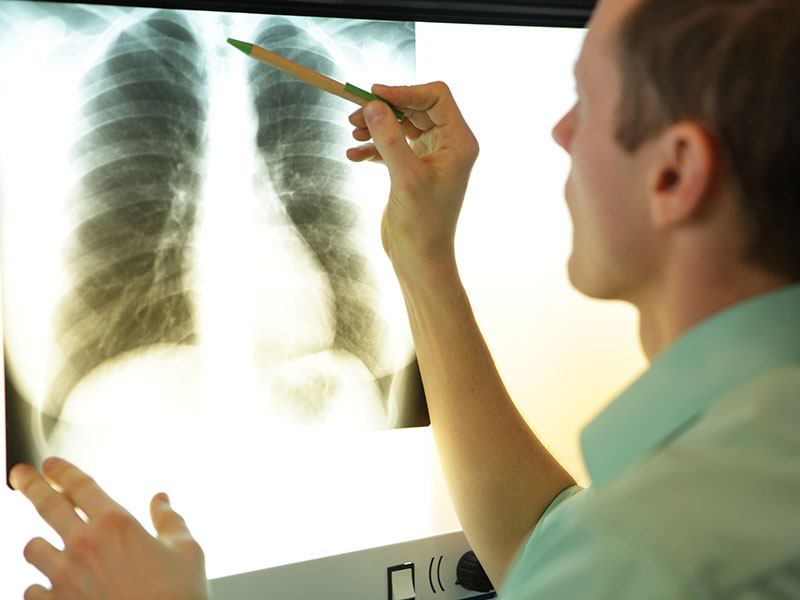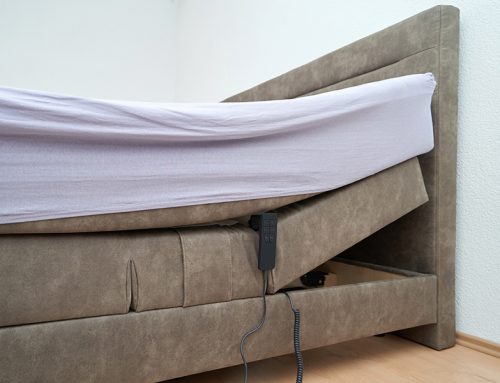Do you feel a sharp pain from your chest whenever you take a breath? Then you may be experiencing the uncomfortable pressure of mild to moderate intercostal muscle strain. Below we want to dive into what this means, in addition to providing approaches that can help you sleep comfortably while experiencing this unwelcome, inconvenient pain.
What are intercostal muscles?
‘Intercostal muscles’ is just a fancy term to describe the muscles between your ribs. In fact, we have several groups of muscles that run between the ribs and help our chest expand and contrast. And the level of strain severity will depend on the impact to these layers of muscles.
External intercostal muscles:
These are located at the back, sides and most of the front of our rib cage. These muscles help our chests expand for breathing.
Internal intercostal muscles:
Located right below and perpendicular to the external muscles, they help collapse the chest for exhaling.
Innermost intercostal muscles:
These run from the back of our rib cage to each side. Our nerves, arteries and veins are located between this and the internal layer of muscle.
Maybe you just sustained an accident or you’re coming off of a bad case of bronchitis. The reasons for intercostal muscle strain can vary from sudden trauma to pressure that has developed over time. Other activities that can ignite intercostal muscle strain include:
Falling or hitting your chest
Being hit in the chest from a car accident or contact sport
Consistent and repetitive movement sports (golf, tennis, rowing, etc.)
Coughing and sneezing persistently
Reaching and lifting beyond your range or ability
What are the signs and symptoms of intercostal muscle strain?
If we pull, twist or overstretch our chest walls, then we might feel intercostal muscle strain as a result. A common mis-diagnosis associated with this is pneumonia, as chest pain is a dominant symptom. A rib fracture will also introduce much more pain. This is why it’s always best to confirm with a medical professional. A milder case could go away in a few days, but if it’s longer than that, get it checked. Better safe than sorry!
It’s also beneficial to observe the presence of the following symptoms to determine whether or not this may be affecting you right now.

- Feeling pain or tightness when you breathe, cough, stretch or sneeze
- Muscle swelling and inflammation around the ribs
- Tenderness between and around the ribs from
- Difficulty with breathing (even shallow breaths) due to the pain
Some tips for sleeping better with intercostal muscle strain
Treating rib injuries or intercostal muscle strain isn’t as easy as applying a band-aid. But sleep and rest are the best things that you can do for your body. Here are some tips to help you sleep better:
1. When sleeping, stay off the side that feels more painful.
2. Use heat and cold therapy (especially in the first 48 hours!) to reduce inflammation and bring down the pain.
3. Avoid twisting your torso by placing pillows around you.
4. Conduct breathing exercises before bed. We know – this may seem painful if you’re already having difficulty breathing, but deep breathing is necessary to provide oxygen and reduce stress. For a few minutes, take slow, deep inhales and long, drawn out exhales. Just don’t push yourself to the point of pain. Slow and steady breaths will do the trick.
5. Use over-the- counter anti-inflammatory medications and pain relievers to help you fall sound asleep without suffering.
At the end of the day, we’re not our own doctors. Even if you know your body very well, when it comes to matters of health, it’s always best to seek an expert opinion and in this case, a proper physical exam. But take note of the pain you’ve been experiencing so you can enter your visit armed with knowledge about your symptoms.





